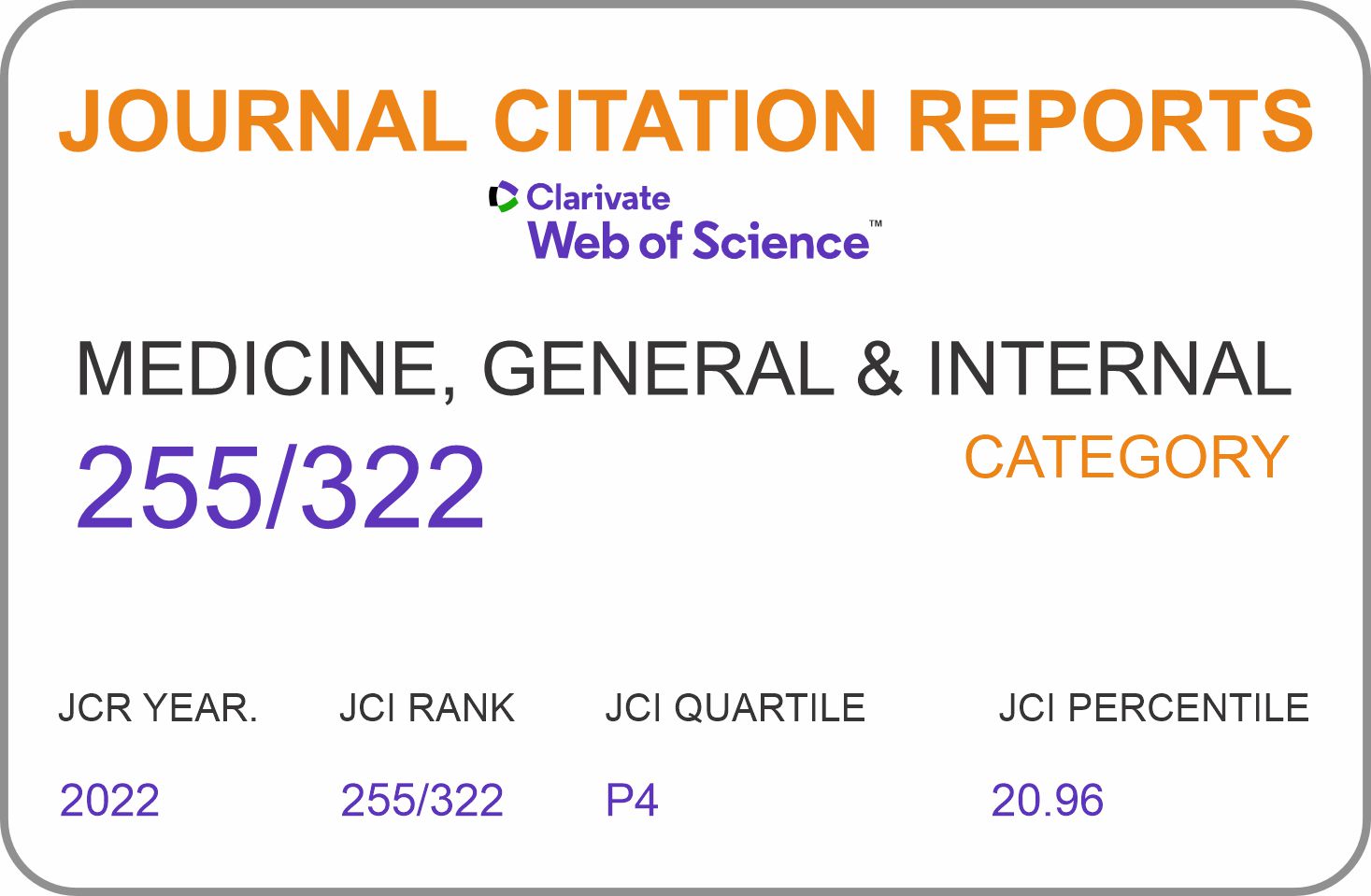Women's experiences with mixed use of wood and gas cookstoves and fuels in rural Lambayeque, Peru
DOI:
https://doi.org/10.35434/rcmhnaaa.2020.132.662Keywords:
rural population, environmental health, biomass, liquefied petroleum gas, cookstovesAbstract
Introduction: Despite program efforts to encourage use of clean cookstoves and fuels to mitigate climate change, many communities continue to use wood-fueled open fires. Objectives: Describe experiences of participants with mixed use of cooking and fuel technologies (e.g. open fires and chimney stoves using wood and liquefied petroleum gas (LPG) stoves) in rural Lambayeque, Peru in 2018. Material and methods: Fifteen participants were interviewed using a qualitative exploratory research design. Data was collected through semi-structured interviews and analyzed using thematic content analysis. Results: Four categories emerged: decisions about acquiring cooking fuels are primarily based on cost; plastic trash is used to light wood-burning stoves; decisions to use gas over wood are based on quick food cooking time; and benefits and health problems are recognized, but mixed use of fuels persist. Conclusion: Use of both traditional wood cookstoves and plastic trash to ignite fires were used frequently because both are free or cheap. The environmental impact of cutting down trees isn't considered important, but interviewees did notice detriments to their wellbeing. Although gas stoves are used and benefits were mentioned, use of traditional stoves persists. We recommend that policy makers in Peru begin to address barriers to full adoption of new clean cooking technologies and consider governmental subsidies to meet families' spending priorities.















